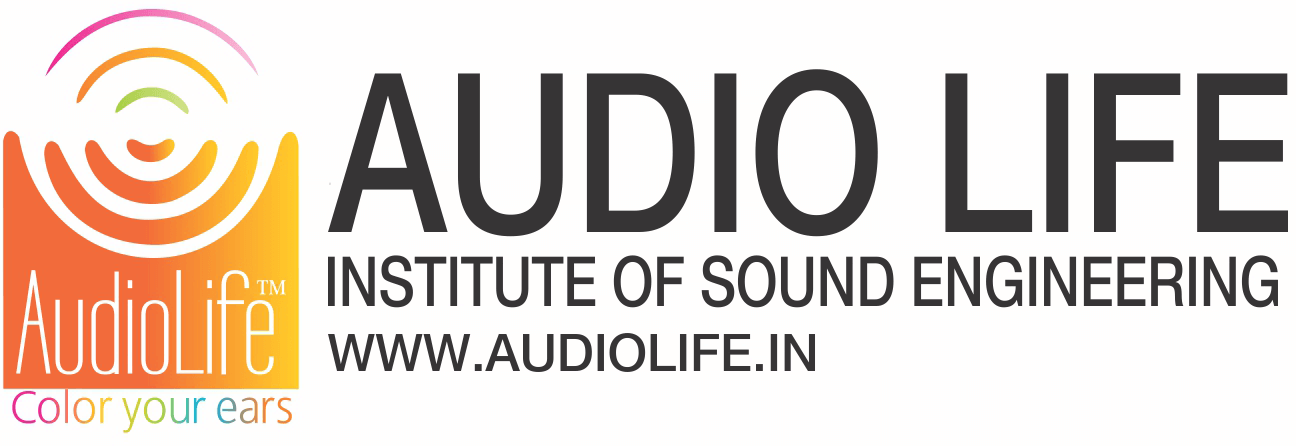Diploma in Sound Engineering is a highly sought-after course in today’s competitive and fast-paced music industry. Aspiring musicians and sound enthusiasts are constantly seeking ways to gain a competitive edge. This specialized program equips individuals with the knowledge and skills required to excel in the dynamic world of sound engineering. Sound engineering is a highly specialized field that requires technical expertise and practical skills to succeed. Let’s explore how a Sound Engineering Diploma can assist you in breaking into the music industry, highlighting its benefits and the valuable opportunities it presents.
Comprehensive Technical Knowledge:
A professional sound engineering degree provides a solid foundation in technical aspects such as recording techniques, audio processing, mixing, and mastering. These core competencies are essential for anyone looking to work in music production, post-production, live sound engineering, or studio recording. By completing the Sound Engineering Diploma, you will gain in-depth knowledge of industry-standard equipment and software, enabling you to operate and troubleshoot audio systems effectively. This expertise sets you apart from amateurs and demonstrates your commitment to professionalism.
Practical Hands-on Experience:
One of the key advantages of a Diploma in Sound Engineering is the emphasis on practical training. Through dedicated lab sessions and real-world projects, you will gain hands-on experience with the latest audio equipment and software used in the industry. This experiential learning approach allows you to apply theoretical concepts, develop critical problem-solving skills, and build a robust portfolio showcasing your technical prowess. Employers and industry professionals often prioritize candidates with practical experience, making a Sound Engineering Diploma a valuable asset.
Industry-Relevant Curriculum:
This course is designed to align with the current demands of the music industry. Educational institutions often collaborate with industry experts and practitioners to develop a curriculum that reflects the latest industry standards and trends. The coursework covers various aspects of music production, including audio editing, mixing techniques, sound design, and live sound reinforcement. By undertaking a Sound Engineering Diploma, you receive targeted training that hones the specific skills required to succeed in the field, enhancing your employability and career prospects.
Career Advancement Opportunities:
The music industry offers a plethora of career paths, and a Sound Engineering Diploma can act as a catalyst for career advancement. With the right skills and knowledge, you can explore roles such as studio engineer, live sound engineer, sound designer, music producer, or audio technician. Additionally, the diploma serves as a steppingstone for higher education, such as pursuing a bachelor’s degree in Sound Engineering or related fields.
When it comes to pursuing a sound engineering course, choosing the right institute is crucial. One institute that stands out as the best place to do a course in sound engineering is Audio Institute. Renowned for its exceptional curriculum and industry-focused approach, Audio Institute offers comprehensive programs that equip students with the skills and knowledge needed to thrive in the field of sound engineering.
Audio Life school of sound engineering boasts a cutting-edge curriculum that covers all aspects of this course. From the fundamentals of audio technology to advanced techniques in recording, mixing, and sound design, the institute ensures that students receive a well-rounded education. The courses are designed to stay up to date with the latest industry trends and technological advancements, giving students a competitive edge.
Audio Institute provides students with access to state-of-the-art facilities and equipment. The institute’s recording studios, equipped with top-of-the-line gear, offer a hands-on learning experience for students pursuing Diploma in Sound Engineering. Students have the opportunity to work with industry-standard software and hardware, allowing them to gain practical skills and familiarity with the tools used in the field.
The faculty at Audio Institute comprises industry professionals with extensive experience in sound engineering. These experts bring a wealth of practical knowledge and insights into the classroom, offering students valuable guidance and mentorship. Their industry connections provide students with opportunities for internships, collaborations, and networking, further enhancing their learning experience.
Moreover, Audio Life School of sound engineering goes the extra mile by offering comprehensive job placement assistance. Recognizing the importance of career prospects, the institute provides students with support in finding employment opportunities after course completion. The institute’s network of industry contacts and alumni connections play a vital role in connecting graduates with potential employers.
Conclusion
Pursuing a course in Sound Engineering Diploma at Audio Life School of sound engineering offers aspiring sound engineers the best possible start to their careers. With its cutting-edge curriculum, state-of-the-art facilities, experienced faculty, industry partnerships, and job placement assistance, Audio Institute provides students with a holistic learning experience that prepares them for the challenges of the sound engineering industry. By choosing Audio life, individuals can embark on a path toward a successful and fulfilling career in sound engineering
